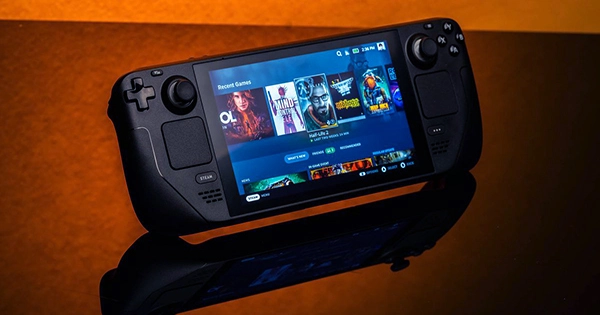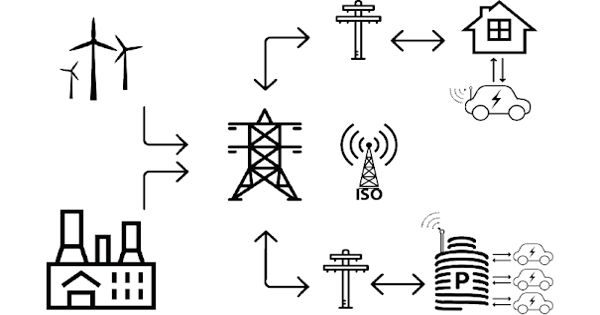Having a second display has several advantages. For starters, a dual monitor configuration allows you to multitask while working or playing. Consider it more screen real estate that allows you to get the most out of your online browsing, conveniently show walkthroughs, have a split-screen coding experience, quickly immerse yourself in your favorite video game, and more. Second, a two-screen configuration may boost your productivity and provide you greater control over whatever you’re working on at any one time. So, if you’re searching for a low-cost external display, the Desklab Portable Touchscreen Monitor could be worth checking into.
This portable screen will turn your laptop into a fully working workstation, allowing you to design, compose music, manage data, communicate, and much more. You may connect to your laptop, desktop, phone, tablet, and even your favorite gaming system through USB-C, HDMI, and 3.5mm auxiliary connectors.
Furthermore, the 4k resolution provides outstanding clarity, resulting in the greatest pictures available. Furthermore, the touchscreen’s responsive design makes it simple to switch between your favorite apps with only a few swipes. Have we mentioned portability? The lightweight and portable design of this monitor allows you to carry it with you wherever you need to work.
DeskLab is all you need if you’ve been looking for a second monitor to improve your monitor setup experience. “I found this product to be useful and great with more than enough inputs to connect to nearly any laptop, tablet, or other device,” one 5-star reviewer said. A second screen, especially one with touchscreen capabilities, might increase your productivity and make content consumption more entertaining. A Desklab Portable Touchscreen Monitor (4K) costs $289.99 instead of $700.
Prices may change without notice. Paid campaigns are properly disclosed as sponsored pieces in IFLScience publications, in accordance with our disclosure policy. IFLScience is not affiliated with any of the mentioned products, services, or businesses. IFLScience does not recommend [or assess] the promoted product, service, or company, nor any of the claims stated in the advertising, and we may rely on third-party information for which we are not responsible. Advertising has no influence on editorial content or choices.
The information contained in IFLScience publications is intended solely for educational purposes and should not be interpreted as medical or other professional advice or opinion. This page contains sponsored content. For more information, see our transparency policy.
















